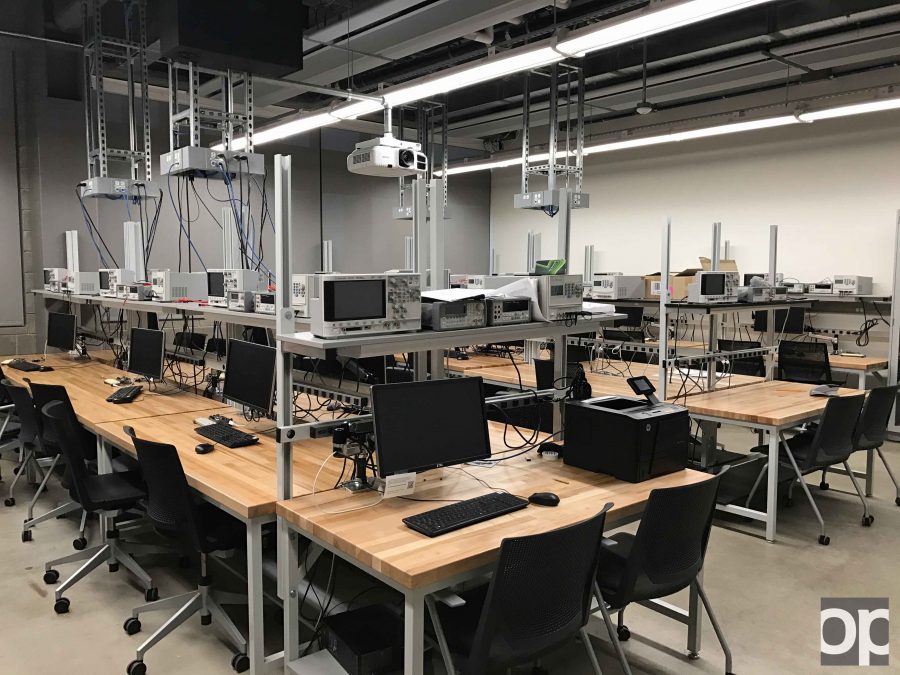Oakland to help conduct research with $5 million research grant
Psychology department is using money to conduct STEM research
Oakland is part of a seven-school team to receive a $5 million grant. The schools applied for the grant together because they are conducting the same research through the National Science Foundation.
The schools will give scholarships to talented students from low-income areas in Alabama who pursue degrees in science, technology, engineering and mathematics (STEM). To find these students, the schools will look at local universities and community colleges, as well as high schools.
The principal investigator for OU, Martha Escobar, has contacts in Alabama, where she used to work. These connections gave OU the opportunity to participate in the research. The team from OU will travel to Alabama during the research.
What the grant will be used for
Every school on the team except for Oakland is in Alabama, so the grant money and scholarships are being used for Alabama students.
Melissa McDonald, who is a co-principal investigator on the project, said that the purpose of the research is to help improve the graduation rate of students studying STEM fields, since they don’t always stay in those programs.
“STEM fields have a really high dropout rate,” McDonald said. “So we want to see what causes people to stay in STEM and what causes them to drop out. Do they need mentors? Do they need more professional development? That’s what we’re interested in seeing.”
While it makes these interventions, the team will track the success rate of the students during their four years at school. They’ll then look at how the team’s help played a role in the students’ success or failure.
Participating students will be given both academic and peer mentors and will work on projects together that benefit their communities in order to create a support system for them while they go through school.
“The program will implement a few interventions to help improve retention of the students,” McDonald said. “We want to make sure they have a network of social support. We’re going to evaluate the extent to which the interventions contribute to them staying in STEM majors.”
She said the team is hoping these academic and social networks will help the students feel supported as they tackle particularly challenging fields of study. If they’re successful, they hope their findings can help colleges around the country modify their programs to better help students.
What the grant means for OU
Though the grant is not being used here, McDonald said her team plans to include OU students to assist in the research. Not only that, but the findings of the research will have potential to benefit STEM programs all over the country, including Oakland.
“This doesn’t directly help students here, but we are applying for similar grants and are hoping to have Oakland undergraduate and master students help us in the research,” McDonald said.
Kevin Corcoran, the dean of the College of Arts and Sciences, said being part of a grant this size is an honor for the school..
“Five million dollars from the National Science Foundation for a grant like this is a pretty big deal,” Corcoran said.
Corcoran also said that it’s important that the grant is being almost completely used to make scholarships to do research that will benefit STEM students everywhere.






